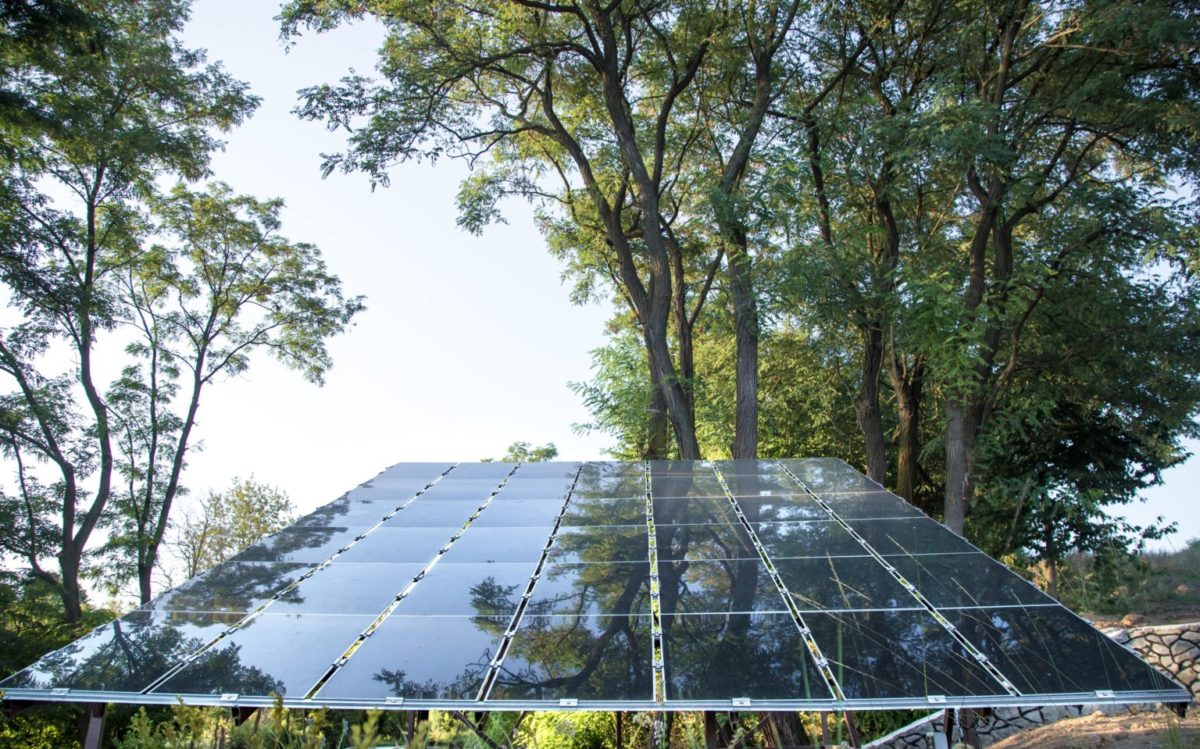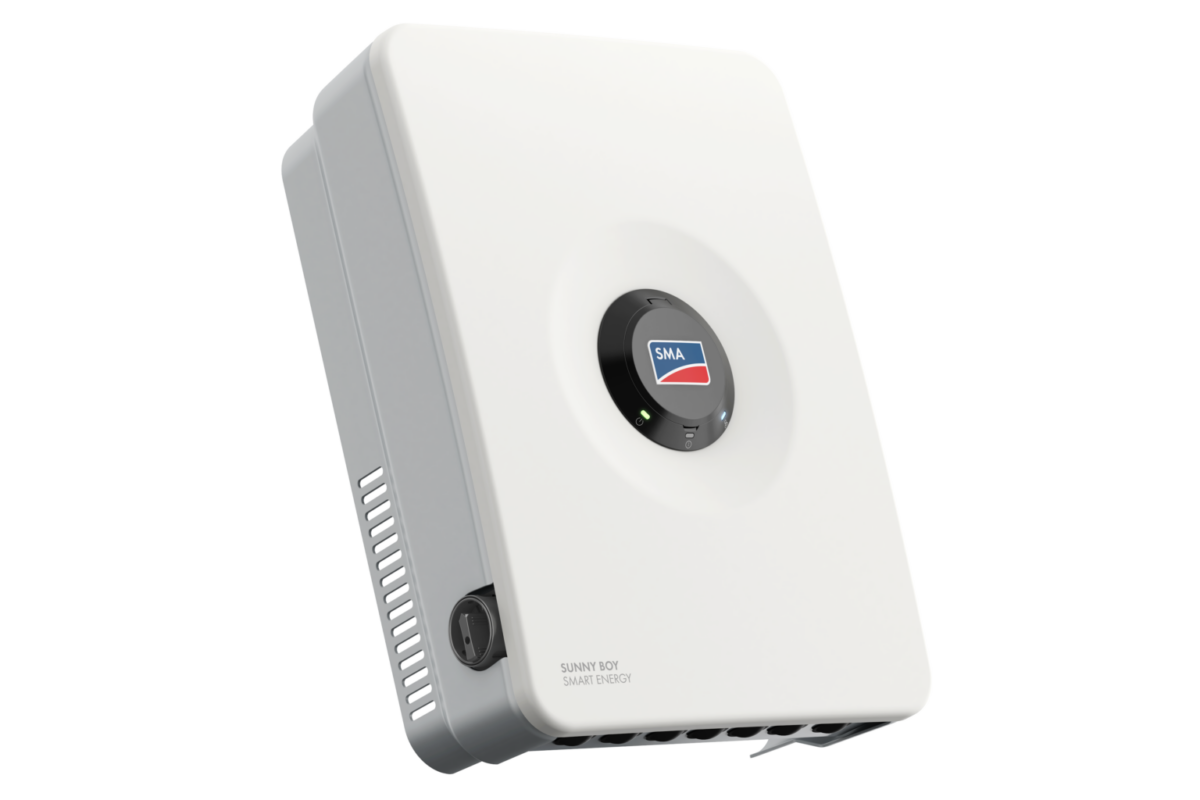From pv magazine Spain
A research group at the University of Malaga (UMA) has designed a PV panel for building-integrated applications said to have improved light absorption without losing efficiency and durability.
The panel is based on a novel encapsulation design which changes its color in a way that makes it easier to integrate into buildings. This technique consists of applying an anti-reflective glass on the front side of the panel and a black backsheet on the rear surface. “We tested different materials until we verified that the combination of anti-reflective glass and a backsheet based on black polymer, already present in the industry, were efficient and durable,” research co-author María Cruz López said, adding that the new panel had already passed all standard durability tests.
The Spanish group explained that adding a dark backsheet may reduce the panel efficiency, as this layer absorbs solar radiation that could be used by the solar cells. This loss has been estimated at around 8.66 Ws per module. However, the scientists have built a solar panel that is able to compensate for this loss with anti-reflective glass that improves solar absorption on the front side.
“Changing the central structure of the photovoltaic module is more expensive, so we have focused our efforts on finding the right materials so that, in addition to improving the appearance of the panel, it maintains its usual good performance and durability,” said López.
The new device, presented in the study Photovoltaic modules designed for architectural integration without negative performance consequences, published in Applied Energy, has a power output of up to 256 W.
This content is protected by copyright and may not be reused. If you want to cooperate with us and would like to reuse some of our content, please contact: editors@pv-magazine.com.



2 comments
By submitting this form you agree to pv magazine using your data for the purposes of publishing your comment.
Your personal data will only be disclosed or otherwise transmitted to third parties for the purposes of spam filtering or if this is necessary for technical maintenance of the website. Any other transfer to third parties will not take place unless this is justified on the basis of applicable data protection regulations or if pv magazine is legally obliged to do so.
You may revoke this consent at any time with effect for the future, in which case your personal data will be deleted immediately. Otherwise, your data will be deleted if pv magazine has processed your request or the purpose of data storage is fulfilled.
Further information on data privacy can be found in our Data Protection Policy.